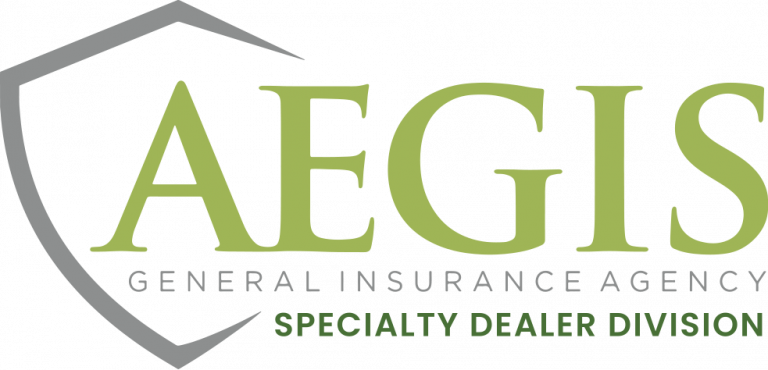Have your clients ever had to deal with an accident involving one of their employees? Whether it was a minor slipping accident or something that resulted in more severe injuries, your clients may be held liable for such incidents.
That’s why workers’ comp is so essential. This type of insurance protects employers from legal liabilities and obligations they may face if an employee gets injured on the job. Let’s take a look at workers’ comp and why it is so useful for used auto dealers.
What is workers’ compensation insurance?
Workers’ comp, or workers’ compensation insurance, covers employees’ medical costs and lost wages incurred for work-related illnesses and injuries. This policy is a requirement for businesses in almost every state.
Workers’ compensation provides employers with an added layer of protection against legal liabilities arising from incidents involving their employees. Even if your clients take all the necessary precautions, there is no way they can ensure that accidents won’t ever occur.
Accidents and injuries involving employees can affect businesses financially when the worker files a claim against the employer. This can lead to hefty settlement fees and costly medical expenses that employers will have to pay out of pocket if they don’t have insurance.
But with workers’ comp, these expenses will be paid by the insurance company. Insurance covers immediate medical costs such as ambulance transport, medical bills, and even lost wages resulting from the employee’s absence.
If the employee loses work time
Eligibility for workers’ comp depends on certain factors. Absences from work must be included in the list of permitted absences of the healthcare provider. Employees must have been absent from work for three days (not including the day the injury happened) before the insurance begins to pay for lost work time. This three-day period includes holidays and weekends.
If the employee does not lose work time
If the employee filing the claim did not miss any work, the insurance claim would cover medical expenses related to the illness or injury. Employees must provide details of the incident to their healthcare provider, who will then coordinate with the claims administrator to obtain the relevant billing information.
Workers’ comp and employer’s liability insurance
Workers’ comp typically includes liability insurance, which protects employers from potential lawsuits filed against them by their employees. This essentially guarantees that business owners won’t be liable for further costs in exchange for providing workers’ comp.
Employers’ liability insurance covers court costs, attorney’s fees, and even settlements. Remember, though, that this insurance has limits on how much it will cover lawsuit costs.
Cost of workers’ compensation insurance
The cost your clients will have to pay for insurance depends on various factors. Workers’ compensation is based on every $100 of the business’ payroll. The premium is calculated based on the work done by the employees, called the classification rate, your client’s claims history or experience modification rate, and the payroll.
This is the formula for determining insurance premiums:
Classification rate x experience modification rate x (payroll/100) = premium
Each state has different requirements for workers’ compensation insurance. It is advisable to have your clients check the specific laws and guidelines regarding insurance in their state.
Independent contractors and sole proprietors aren’t usually required to have workers’ compensation insurance. Nevertheless, they may want to purchase workers’ comp for added protection for their business and finances. This can provide added financial protection against potential liabilities that health insurance may not cover.
Monopolistic state funds
North Dakota, Ohio, Washington, and Wyoming require auto dealerships to purchase workers’ compensation insurance through monopolistic state funds. Insurance policies purchased through these funds may not include employer’s liability insurance. If that is the case, your client may purchase additional insurance from a private insurer to fill the coverage gaps of their existing policies.
Other beneficial policies for auto dealerships
Besides workers’ compensation insurance, your client should consider getting the following:
- General liability insurance
- Business owner’s policy
- Commercial auto insurance
These insurance policies cover potential risks that aren’t covered by workers’ comp.
Conclusion
Workers’ compensation benefits not only employees but employers as well. Even if your client isn’t legally required to have this type of insurance, it might be a good idea to consider getting it for added protection for the business and their personal assets.
About K2 Insurance Services
K2 Insurance Services strives to create a leading underwriting and distribution franchise in the program insurance market. We’ve bridged the gap between agents and client payments with our efficient ACH payment system. Partnering with us gives agents the advantage of ACH payment capability that allows for direct billing through the firm. Call us today at (866) 429-1638 to find out how you could partner with K2 so you could offer top-tier insurance coverages and modern features to your clients.












